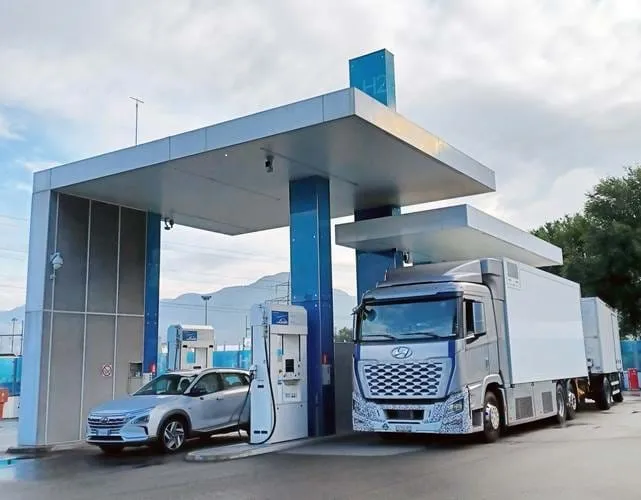Transport and energy consultancy, Cenex has been appointed by Cadwyn Clwyd (CC), a Rural Development Agency, and Wrexham County Borough Council (WCBC), to determine the feasibility of installing electric charging points across the county of Wrexham. The work is aimed at promoting the uptake of plug-in electric vehicles (EVs) in and around the area.
Funding for the project has come from the Welsh Government Rural Communities - Rural Development Programme 2014-2020, which is funded by the European Agricultural Fund for Rural Development and the Welsh Government.
The study is due to take place from October 2017 to December 2017. Cenex will use its in-house knowledge in infrastructure planning and procurement framework. It will identify the most suitable locations for the installation of charging points as well as the most suitable type of charging point per location. In addition, it will establish the suitability of using renewable technology for powering and charging of the charge points. Cenex will also consider options for public access, and provide recommendations for the most cost-effective and most suitable charging points for areas across the County.
Donna Hughes, CC business partnerships officer, said: “We (WCBC and CC) have identified that it is becoming increasingly necessary to provide greener infrastructure within Wrexham County, to meet the rising demand for electric vehicles. This feasibility study is the first step in addressing the need for public use charging points, giving visitors and residents the confidence that they can travel to, and within the county.”
Cenex conduct EV feasibility study in Northern Wales, UK
Transport and energy consultancy, Cenex has been appointed by Cadwyn Clwyd (CC), a Rural Development Agency, and Wrexham County Borough Council (WCBC), to determine the feasibility of installing electric charging points across the county of Wrexham. The work is aimed at promoting the uptake of plug-in electric vehicles (EVs) in and around the area. Funding for the project has come from the Welsh Government Rural Communities - Rural Development Programme 2014-2020, which is funded by the European
November 9, 2017
Read time: 2 mins










